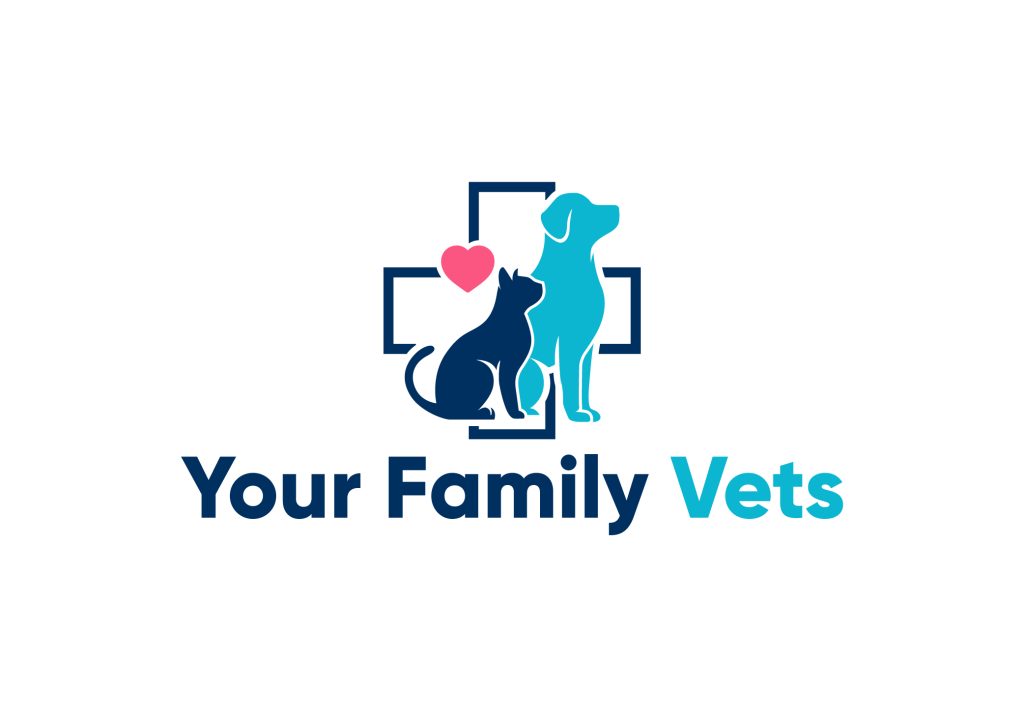Why neutering matters
Neutering is one of the most common procedures we perform — with benefits for both health and behaviour:
- Health: reduces the risk of mammary tumours, pyometra, prostate disease and testicular cancer
- Behaviour: reduces roaming, marking, and hormone-driven aggression
- Population control: prevents unwanted litters
Our surgical team has advanced qualifications in small animal surgery — your pet is in safe hands.
When should pets be neutered?
- Dogs: usually from 6 months, depending on breed and maturity
- Cats: usually from 4–5 months, before puberty
- Rabbits & small pets: neutering available for welfare and bonding
Every pet is different — book a consult and we’ll advise the best timing for your dog or cat.
